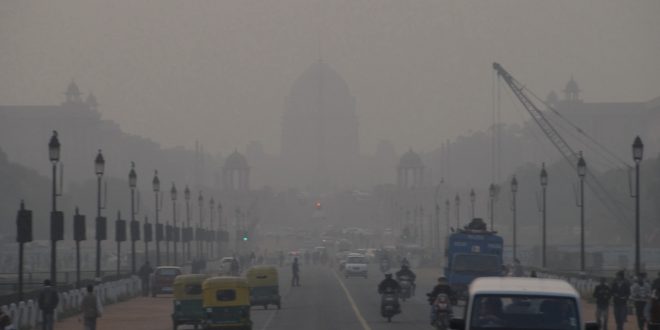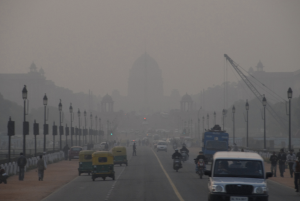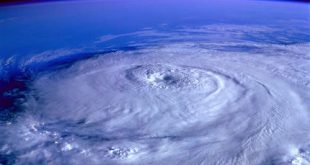Submitted by: Eileen Guo
Once, a man told me, “As you get older, you realize that you really don’t have time.
You wish you could have those couple of years you spent pursuing something you didn’t want to pursue back—I wish I had that time.
When you’re young, it feels like you have all the time in the world. But we all don’t have enough time.”
For some regions, the lack of time becomes even more salient. For instance, it’s widely agreed that living in Delhi whittles one’s average lifespan by more than four years.
In early November, the smog levels overwhelmed the machines that measure particulate matter in the air. Machines coughed out 999 for the particulate matter levels—the highest possible number. The Chief Minister compared the city to a gas chamber, fueled by unregulated crop-burning, factories, automobiles, and Diwali festival firecrackers.
Even with heavy pushback from many quarters, Delhi powered on for the Annual Half Marathon, and went on to register a record number of attendees.
Amidst staggering levels of particulate matter, residents and tourists alike regularly suffer from nausea and throat and eye irritation. For these people, masks are a holy grail, preventing particulate matter from settling deep inside their lungs.
Delhi has a substantial population of migrant laborers—they sleep outdoors, without the funds to afford masks or the education to realize their importance. And it is these people whose lungs become the most blocked from the administrative deadlocks occurring in the Indian government.
It is these people who have the least time.
 Tempus Magazine By Students, For Students
Tempus Magazine By Students, For Students 




